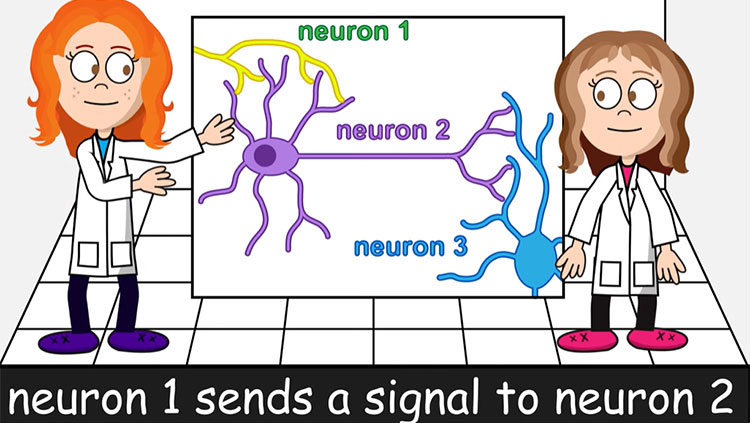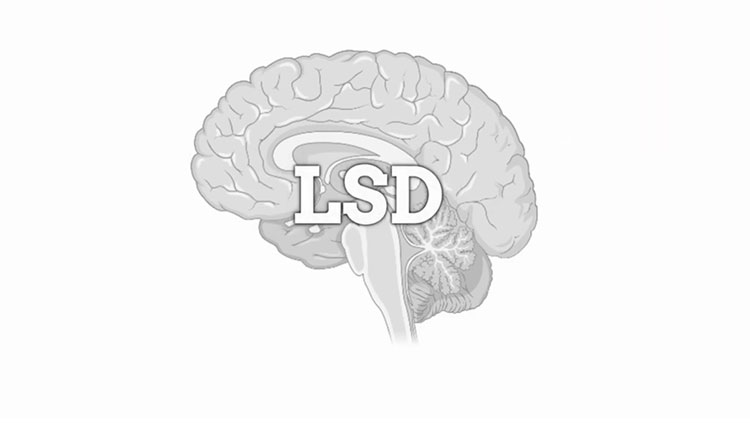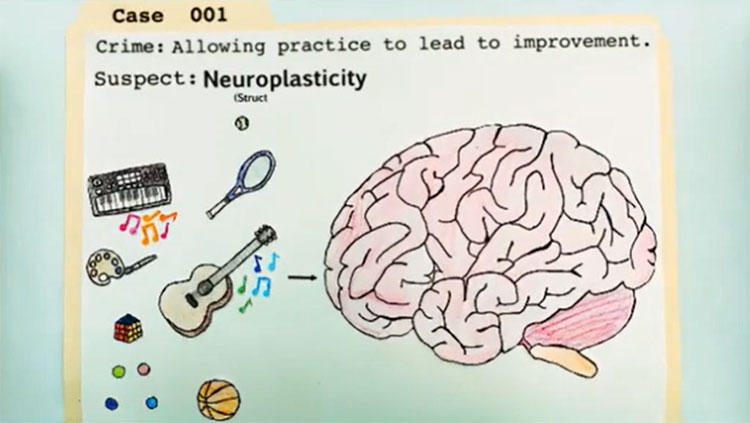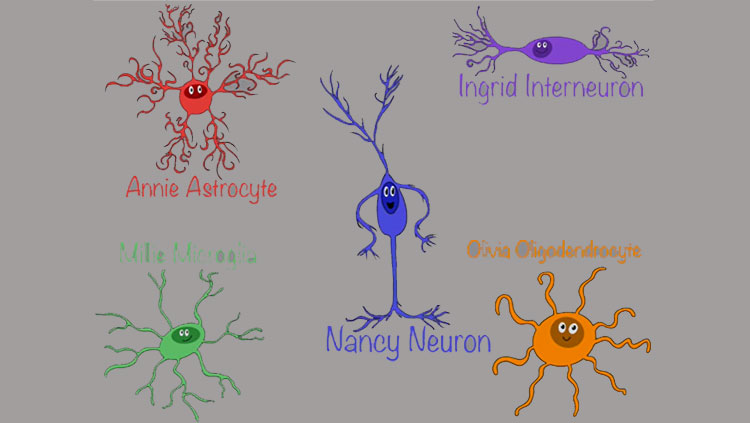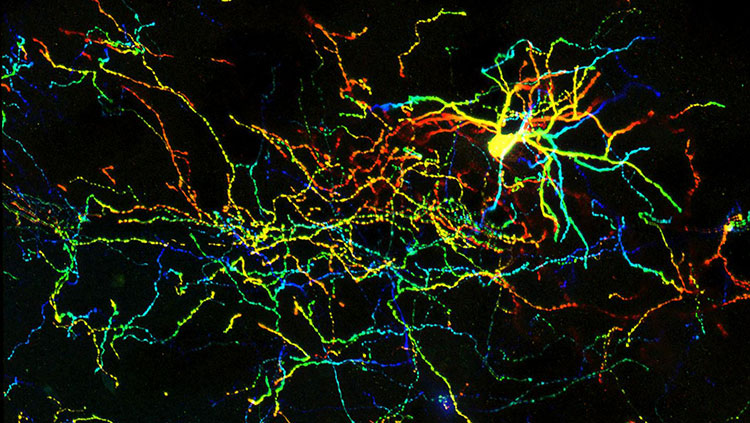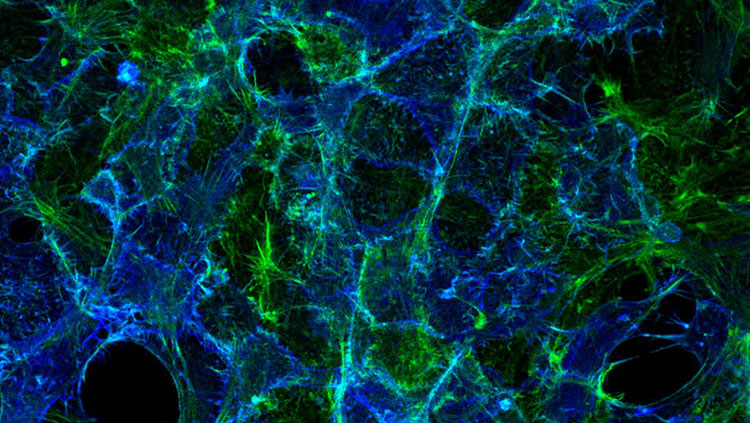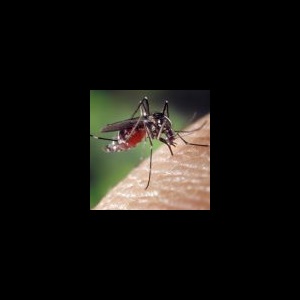
New research shows that the Zika virus can infect neural stem cells in the adult brain.
The Zika virus, which is spread by mosquitoes and causes severe neurodevelopmental defects in infants who become infected by the virus during fetal development, also attacks neural stem cells in the adult brain according to a new study. The research was performed by a team of researchers at Rockefeller University, UC San Diego, and the Sanford Burnham Institute in La Jolla, and published on-line in advance of print yesterday (August 18, 2016) in the journal Cell Stem Cell.
Although neurons stop dividing after they mature, there are some hotspots in the brain where new neurons are generated throughout life. These neural stem cells proliferate in part of the hippocampus where they contribute to memory formation, also in tissue lining the fluid-filled cavities in the brain, called lateral ventricles, and in the olfactory bulb. Hongda et al., infected adult mice with the Zika virus and found that the virus had infected stem cells in these brain regions. Furthermore, the mice developed symptoms of hindlimb weakness 6 days after infection. Their studies showed that the infected neural stem cells stopped dividing and died.
Although neural stem cells can give rise to both neurons and glia, the researchers found that neurons appeared to be targeted preferentially by the virus, leaving glial cells comparatively unimpaired. While neural cells are clearly infected, when normal development of a stem cell is disrupted, abnormal cells can be generated that cannot be clearly distinguished from normal glia, because some of the proteins that scientists use to identify glia may have become altered by the virus. Further research will be necessary to determine if Zika could have even wider effects on brain cell development.
The authors state that 700 new born neurons are added every day from the subventricular zone of the human brain, so that Zika infected neural stem cells could cause cognitive problems, impair learning, contribute to depression and Alzheimer’s disease. It should be emphasized that these possible dire effects in adults are hypotheses, not scientifically tested findings. An important consideration is that the mice used in this study were genetically modified to have an impaired immune system function. This was necessary to do because normal mice do not become infected by Zika virus or by the closely related mosquito-borne dengue virus. When these viruses infect people, they block the interferon receptor, which is important in launching the body’s immune response to infection. (The mouse interferon receptor is somewhat different and therefore resistant to the virus.) The mice used in this study had three different genes that affect interferon function deleted. Thus, these findings may be most relevant to adult humans suffering suppressed immune system function as can occur in aged individuals or people infected with the HIV virus.
Secondly, neural stem cells divide constantly. If the infection is only temporary in adults after they get the virus from a mosquito bite, the effects could be much less damaging than when the brain is rapidly growing in a fetus. Disrupting the division and survival of neural stem cells in the fetal brain could well lead to an abnormally small brain or other serious malformations. In fact, the death of brain cells that become infected by a virus can be a good thing in recovering from temporary infections in the adult brain. These cells could be replaced by healthy cells after the infection has ended. What could be worse would be if the virus caused neural stem cells in the adult brain to divide more rapidly--that could cause brain tumors.
The findings of this research are important, both for understanding the mechanisms of neurological disease that is caused by Zika infection, and in recognizing that the neurological and mental health of adults could also be undermined by Zika.



